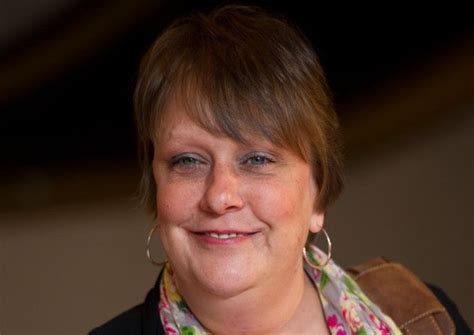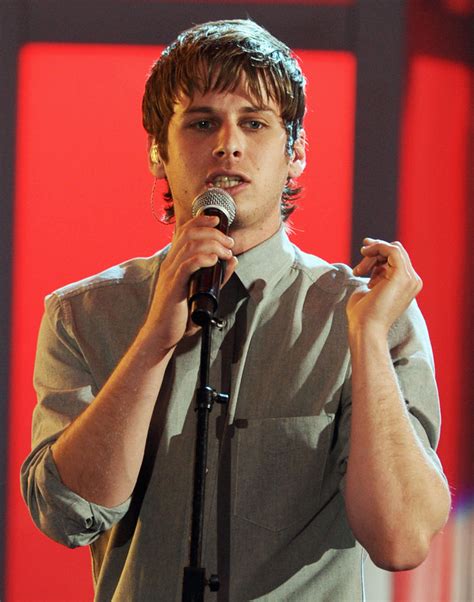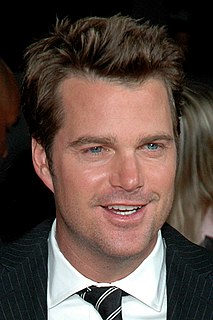A Quote by Kathy Burke
But the more successful I became as an actor, the less control I had. I became more of a puppet, really. It certainly felt like that, at least.
Related Quotes
Acting became important. It became an art that belonged to the actor, not to the director or producer, or the man whose money had bought the studio. It was an art that transformed you into somebody else, that increased your life and mind. I had always loved acting and tried hard to learn it. But with Michael Chekhov, acting became more than a profession to me. It became a sort of religion.
As the books got more and more Zionist and less and less socialist, my entire generation, at least a large percentage of it, simply left Judaism. We became Buddhist and Hindu and atheist or agnostic, all of which (except Christian) were more in keeping with peaceful self-transformative ideas that did not bow down to militarism.
Eventually, the more I listened and became obsessed with singers, I feel like the more I realized that I had my own little thing that I could do. So this is why I just became obsessed with looking for new singers, unknown singers, people that maybe have been forgotten, and really checking them out and analyzing what they do.
My writing became more and more minimalist. In the end, I couldn't write at all. For seven or eight years, I hardly wrote. But then I had a revelation. What if I did the opposite? What if, when a sentence or a scene was bad, I expanded it, and poured in more and more? After I started to do that, I became free in my writing.
I definitely had those moments, like any actor, when you get anxious and think, 'When am I going to work again?' But I would feel that way even when I had every offer in the world coming to me. Then I became a father and I felt a little more of the anxiety that came with the responsibility of being a parent.



































